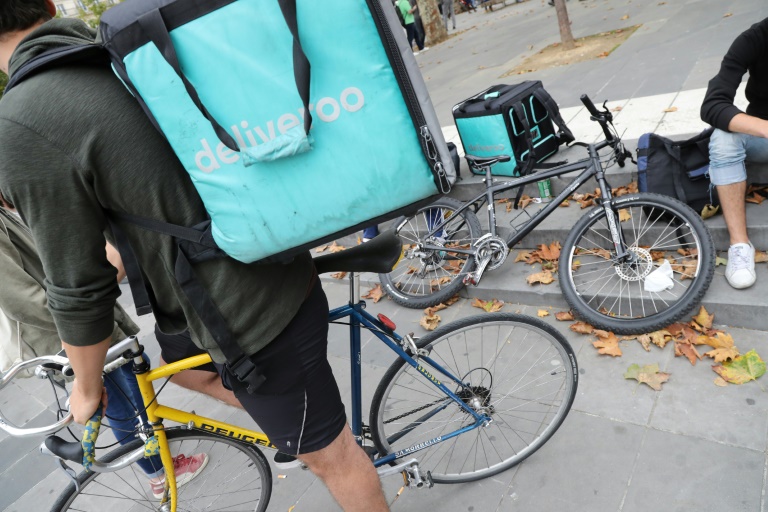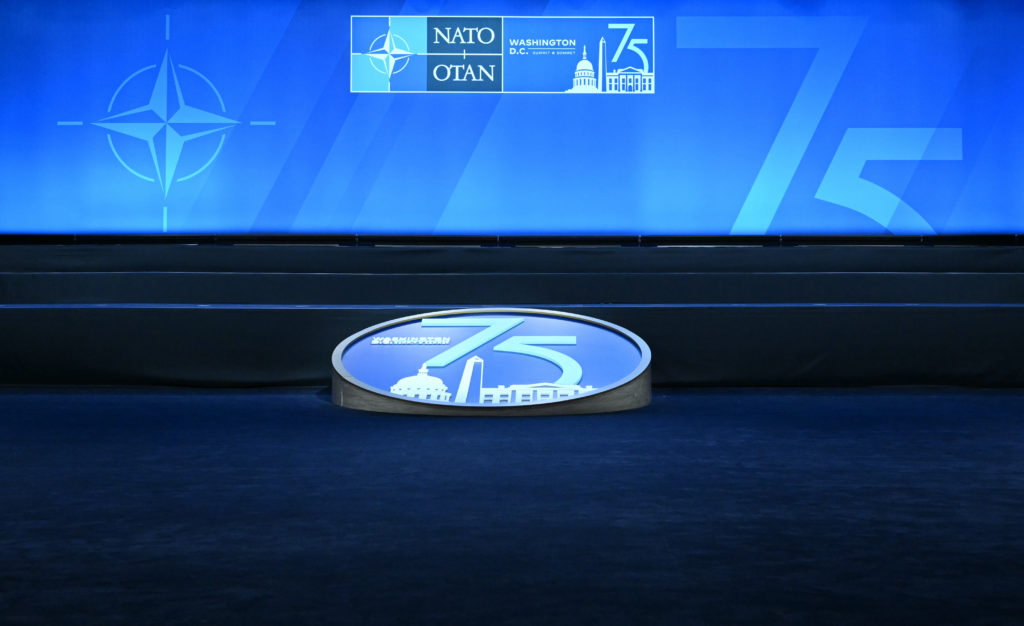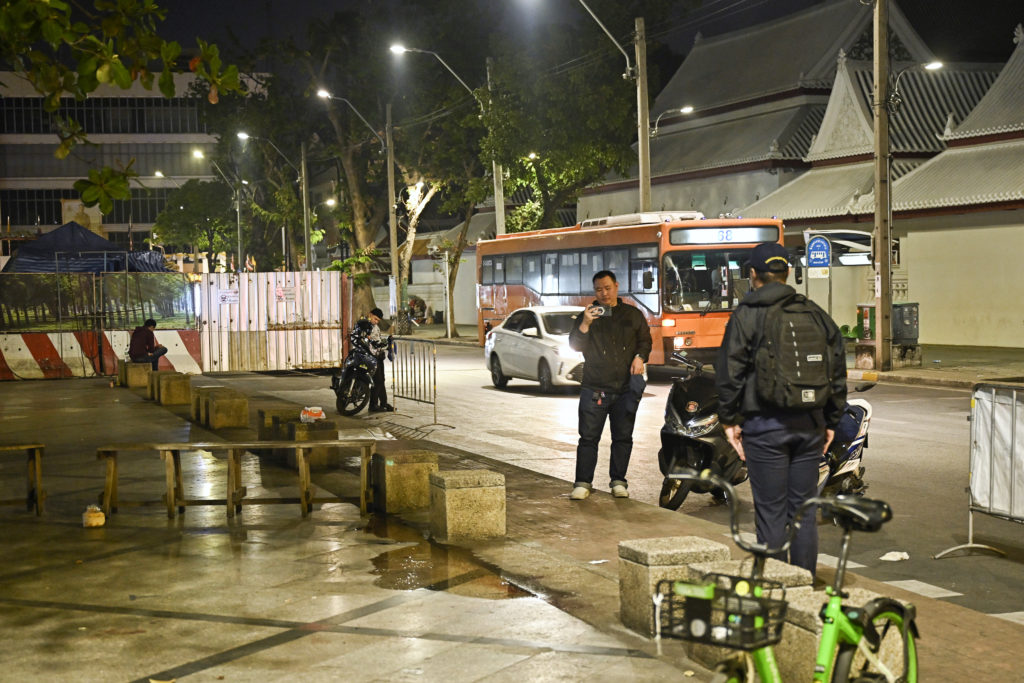A Paris court on Tuesday fined the British meal delivery group Deliveroo after ruling it was guilty of “undeclared labour” for using freelance riders who should have been classified as employees, depriving the state of millions of euros in payroll taxes.
It was the latest move by European courts to recognise the rights of “gig economy” workers used by start-ups and other firms, which often claim they are simply go-betweens for clients and independent contractors.
The court ordered the maximum fine of 375,000 euros ($405,000) sought by prosecutors and also handed suspended one-year prison sentences and 30,000-euro fines to two former French executives at Deliveroo.
A third executive got a suspended four-month sentence and a 10,000-euro fine for complicity in the system, and Deliveroo was also ordered to pay 50,000 euros each in damages to five labour unions who joined the case as plaintiffs.
State prosecutor Celine Ducournau had sought in vain to question Deliveroo’s American founder and CEO Will Shu over a “fraud” that gave “all the benefits to the employer… without any of the inconveniences.”
“The question is not to determine if the status of independent contractor is appropriate, but to acknowledge that in this instance, Deliveroo used a fake legal arrangement that did not correspond to the reality of how the delivery riders work,” the presiding judge said in her ruling.
A Deliveroo spokesman said the company “categorically contested” the decision and said it was considering an appeal.
“Our business model offers our deliverers the flexibility they need and which they tell us they appreciate,” he said.
– Legal gray area –
Over 100 Deliveroo riders were plaintiffs in the case prosecutors opened in 2015 but which got fresh impetus in 2020, when France’s URSSAF agency in charge of employer social security collections demanded millions of euros in back payments.
Several riders told the court they had sought jobs that offered scheduling freedom only to find intense pressure to work at peak meal times, strict oversight of their routes and days off, and penalties if orders weren’t delivered fast enough.
Deliveroo France had already been found guilty of undeclared labour in a civil case in February 2000, when a court sided with a rider seeking to be recognised as an employee and not a contractor.
URSSAF is seeking to recover some 9.7 million euros from Deliveroo, and a court had already ordered in 2020 the seizure of three million euros in Deliveroo’s account while the case was ongoing.
The ruling comes as the European Union is taking aim at the business model of gig economy companies like Deliveroo and the ride-sharing service Uber, with plans that could force them to reclassify their workers as fully-fledged employees.
The companies insist the workers are self-employed, and courts across Europe have issued contradictory decisions — sometimes forcing companies to provide workers with standard contracts, at other times upholding their status as independent contractors.
In December, Deliveroo won a case in Belgium where a court found that riders did not have to be requalified as employees, with the requisite social security and tax obligations.











